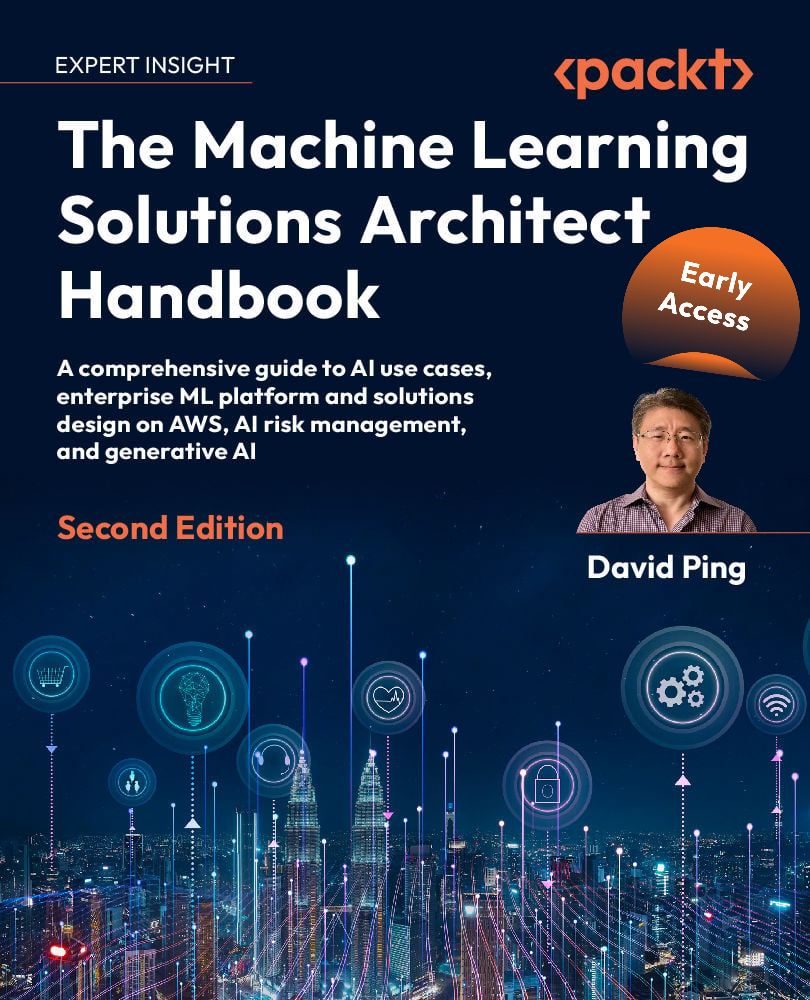

Most ebook files are in PDF format, so you can easily read them using various software such as Foxit Reader or directly on the Google Chrome browser.
Some ebook files are released by publishers in other formats such as .awz, .mobi, .epub, .fb2, etc. You may need to install specific software to read these formats on mobile/PC, such as Calibre.
Please read the tutorial at this link: https://ebookbell.com/faq
We offer FREE conversion to the popular formats you request; however, this may take some time. Therefore, right after payment, please email us, and we will try to provide the service as quickly as possible.
For some exceptional file formats or broken links (if any), please refrain from opening any disputes. Instead, email us first, and we will try to assist within a maximum of 6 hours.
EbookBell Team

5.0
98 reviewsApply risk management techniques in the machine learning lifecycle
Understand the key challenges and risks around implementing generative AI and learn architecture patterns for some solutions
Book Description
David Ping, Head of ML Solutions Architecture at AWS, provides valuable insights and practical examples for becoming a highly skilled ML solutions architect, linking technical architecture to business-related skills.
You'll start by understanding ML fundamentals and how ML can be applied to solve real-world business problems. Once you've explored a few leading problem-solving ML algorithms, this book will focus on carefully selected and updated topics like ML algorithms, including a newly added section on generative AI and large language models. You’ll also learn about open-source technology such as Kubernetes/Kubeflow to build a data science environment and ML pipelines before moving on to building an enterprise ML architecture using Amazon Web Services (AWS).
In this latest edition, David has updated the entire book to incorporate the latest advancements in science, technology, and solution patterns. The biggest new addition to the handbook is a comprehensive exploration of ML risk management, generative AI, and a deep understanding of the different stages of AI/ML adoption, allowing you to assess your company's position on its AI/ML journey
By the end of this book, you will have gained a comprehensive understanding of AI/ML across all key aspects, including business use cases, data science, technology, real-world solutions architecture, risk management, governance, and the overall AI/ML journey. Moreover, you will possess the skills to design and construct ML solutions and platforms that effectively cater to common use cases and follow established architecture patterns, enabling you to excel as a true professional in the field.